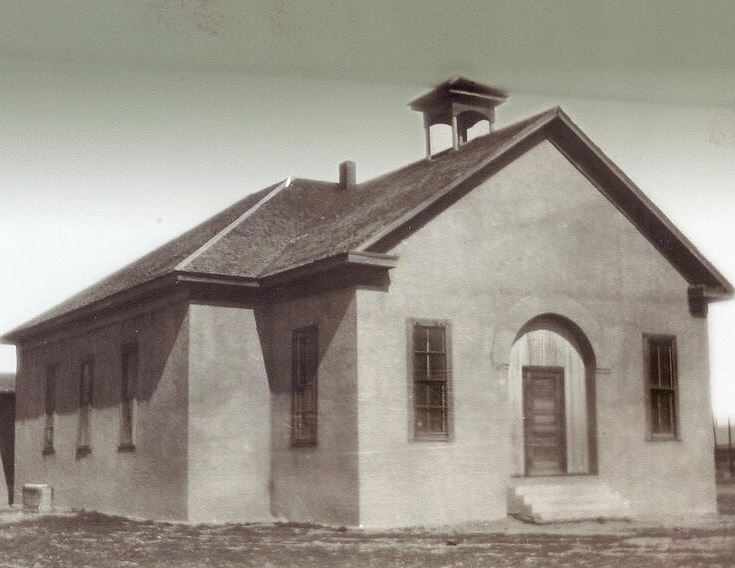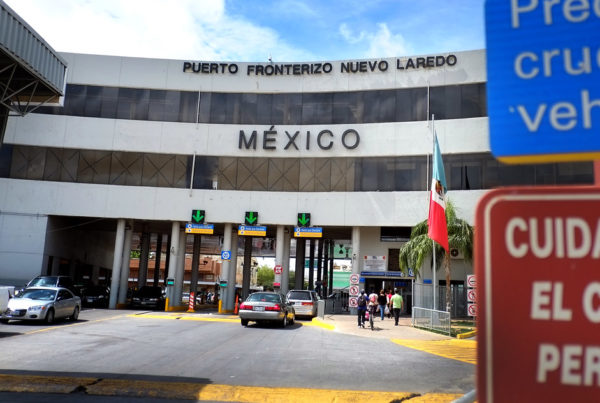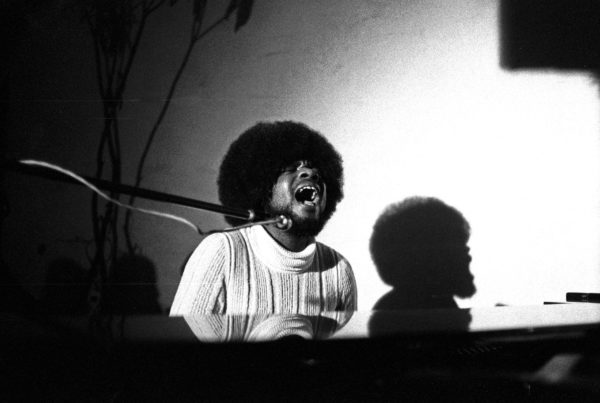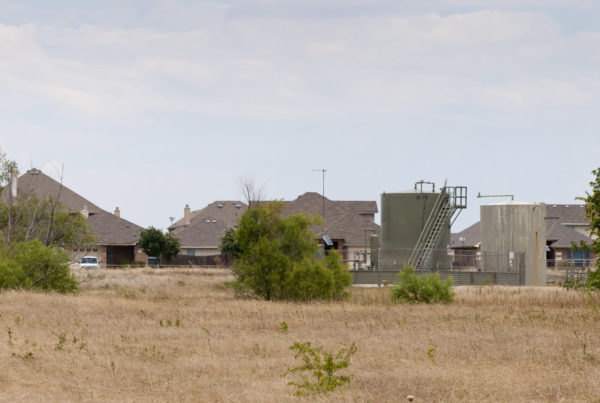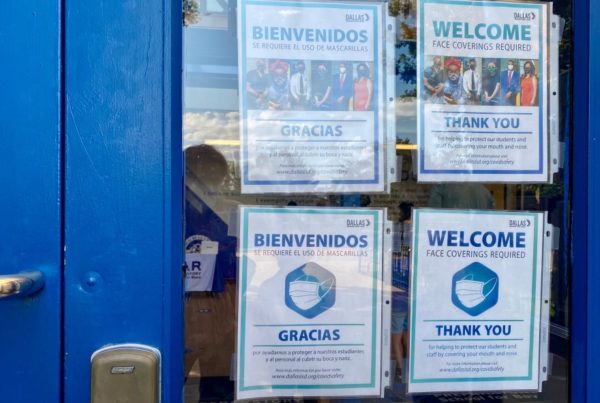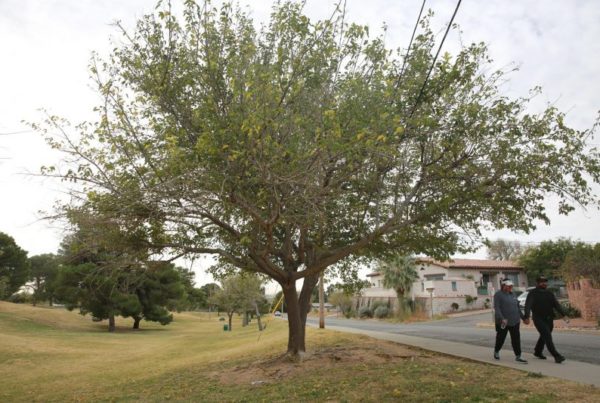Congress is slowly moving toward recognizing the Blackwell School in Marfa as a national historic site.
The Blackwell School served the area’s Hispanic community until 1965. It was an example of de facto school segregation.
Daniel Hernandez, one of the people pushing for federal recognition of the school as a historic site, spoke with Texas Standard about its significance and support for the effort. Listen to the interview in the audio player above or read the transcript below.
This interview has been edited lightly for clarity.
Texas Standard: Tell us a little bit more about the Blackwell School. I understand that there are a lot of alumni still around and they want to celebrate its history.
Daniel Hernandez: There are quite a number of alumni of the Blackwell School who have gotten together, really, over the last 10 to 15 years when the school was facing the threat of demolition, to save their school and, in essence, this really big part of their identity and their history in Marfa. And so the combination of these efforts has led to a piece of legislation that’s been introduced in both the U.S. House and Senate to try and designate the Blackwell School in Marfa as a national historic site.
But of course, we’re also talking about the legacy of segregation and memories of that time.
Yeah, that’s absolutely right, David. And I think that’s why it’s so important for the National Park Service, who really is one of our nation’s greatest storytellers, to have the ability to tell the story of the Blackwell School and so many schools throughout the borderlands in the state of Texas and beyond that existed in these communities. And to capture that experience of the students who experienced desegregation, both the good and the bad, that they remember from attending school in these spaces.
Could you say a little more about how common these sorts of schools were?
The thing that’s unique about Blackwell is that it was a de facto segregated school. This happened a lot in Mexican American communities in particular, and there are quite a number of these schools that exist all throughout the borderlands. But I think the other thing that makes Blackwell unique is that not only is it still standing, in really good condition to be preserved, but it also has this group who has really dedicated themselves to preserving that history. And I think the fruits of their labor are now being shown through this legislation.
What’s the Blackwell School building being used for these days?
The school building is currently serving as kind of a community fixture. This group of alumni has been really dedicated to ensuring that the history is preserved, not only the history that has only been told orally and was experienced, but also the history that currently lives within the confines of the Blackwell School site – the only building that’s left from that campus.
And so there are lots of historic artifacts that are on display there – some museum displays, as well, that tell the history of lots of things that happened at the Blackwell School, from their proms and the sports events to the marching band uniforms, and even all the way through an exhibit that is displaying a coffin where students had to, one time, “bury Mr. Spanish” because they were not allowed to speak Spanish on campus.
And so it really has become this community space of healing and of learning. And I think the ability to have this legislation passed and have the park service tell the the deeper history of this site would just go so much further to making sure that this history is preserved to learn from.
What if you aren’t able to get national historic site designation?
As with anything in Congress, I think there is the ability for things to go awry. We really are hopeful that with our legislative leaders who are helping us get this through, it will make it through to the other end. But I don’t think that having the site not designated would would mean that the site is any less important, especially to the Marfa community, and for those students who experienced the segregated school experience in Marfa.
I know that this group is so dedicated, as they have been for the last decade and a half, and I know that they will continue to share their stories and elevate the historical status of the the Blackwell School to ensure that those stories are preserved and don’t continue to go obscured and undertold as they have in the past.


